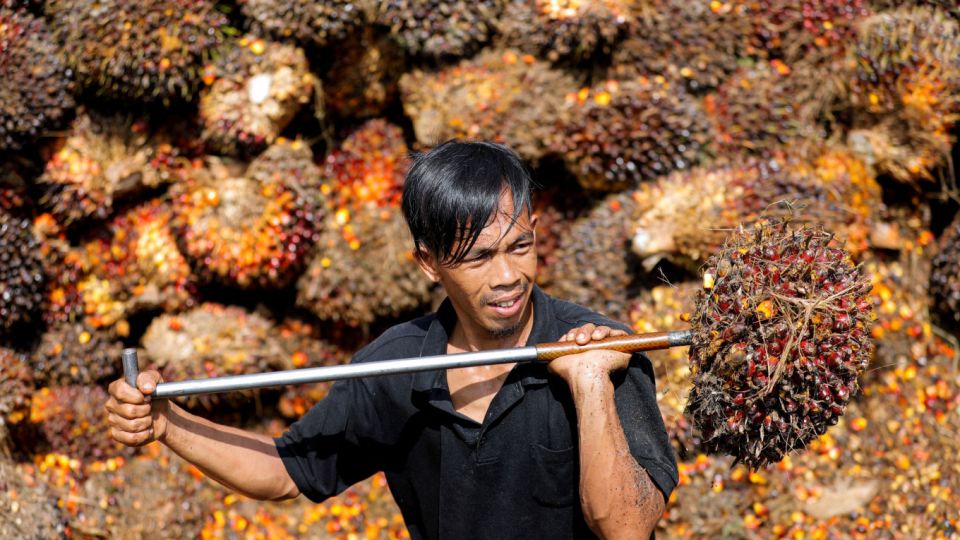April 7, 2025
JAKARTA – Indonesian crude palm oil (CPO) exports to the United States could face stagnation after US President Donald Trump imposed a 32 percent tariff on goods imported from the country, Indonesian Palm Oil Association (Gapki) chairman Eddy Martono said on Friday.
Eddy suggested the government ease the domestic market obligation (DMO), export approval requirements and export duties to mitigate the impact of the newly imposed tariff on the commodity.
“We must also look for new export markets,” he told The Jakarta Post on Friday, saying businesses could consider targeting markets in Africa, Central Asia and the Middle East.
The US is Indonesia’s largest export destination after China and accounted for slightly more than half of Indonesia’s total US$31 billion trade surplus in 2024.
Indonesia exported $26.3 billion worth of goods to the US while importing only $9.5 billion, with key exports including electrical equipment, clothing and footwear, CPO and rubber.
CPO exports from Indonesia, the world’s largest CPO producer, have steadily increased over the past five years, rising from under 1 million tonnes to over 2 million tonnes last year.
Washington, however, announced additional tariffs on imports from all countries on Wednesday to reduce the US trade deficit with the rest of the world and boost domestic employment.
Despite the newly imposed tariffs, Eddy went on to say that not all palm oil products could be replaced with other vegetable oils, explaining that margarine could not be made from soybean oil because it was prohibited for health reasons and could cause cancer. Some products from palm oil oleo chemicals also could not be replaced with other vegetable oils, he added.
“If Indonesian palm oil is still in demand in the US, the ones who will ultimately be harmed are American consumers,” he said.
Read also: Indonesian business groups urge talks with US on tariffs
The tariffs come as a response to “unfair” trade practices, according to the White House, citing local content requirements (TKDN), complex import licensing and a rule requiring natural resource firms to onshore export revenues above $250,000, among other policies it deemed problematic for foreign businesses.
Business groups are urging the government to engage in bilateral talks with the US to secure access to the world’s largest consumer market.
The US imposed a 10 percent baseline tariff on imports from all countries starting on Saturday. Four days later, a second round of individual “reciprocal” tariffs will take effect, targeting nations the US has large trade deficits with, including Indonesia.
The tariffs apply to all goods except for a few strategic exemptions, including semiconductors, pharmaceuticals, copper and critical minerals such as nickel.
The 32 percent import tariff slapped on Indonesian goods is lower than Vietnam’s 46 percent and Thailand’s 36 percent but higher than Malaysia’s 24 percent, the Philippines’ 17 percent and Singapore’s 10 percent rates.


